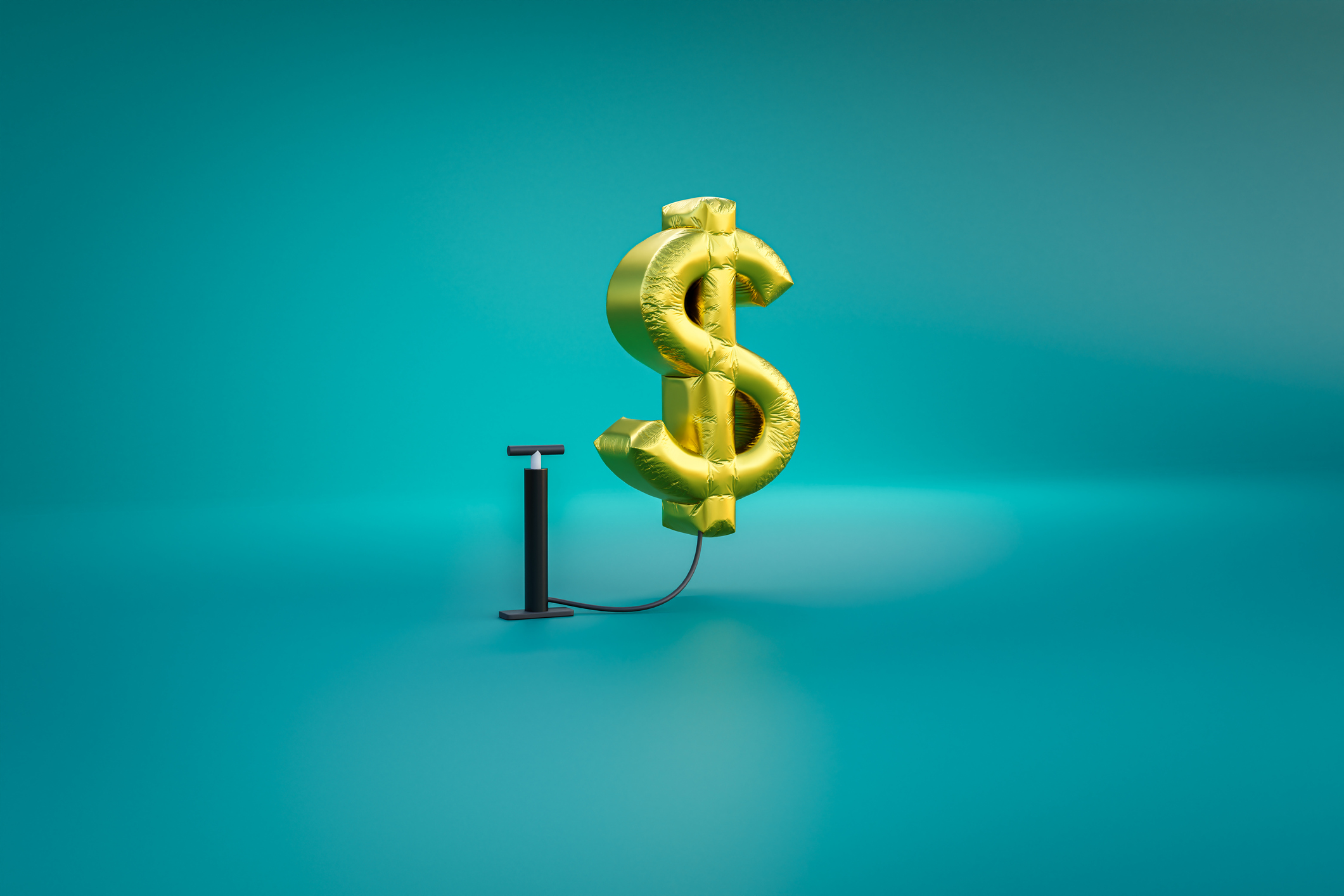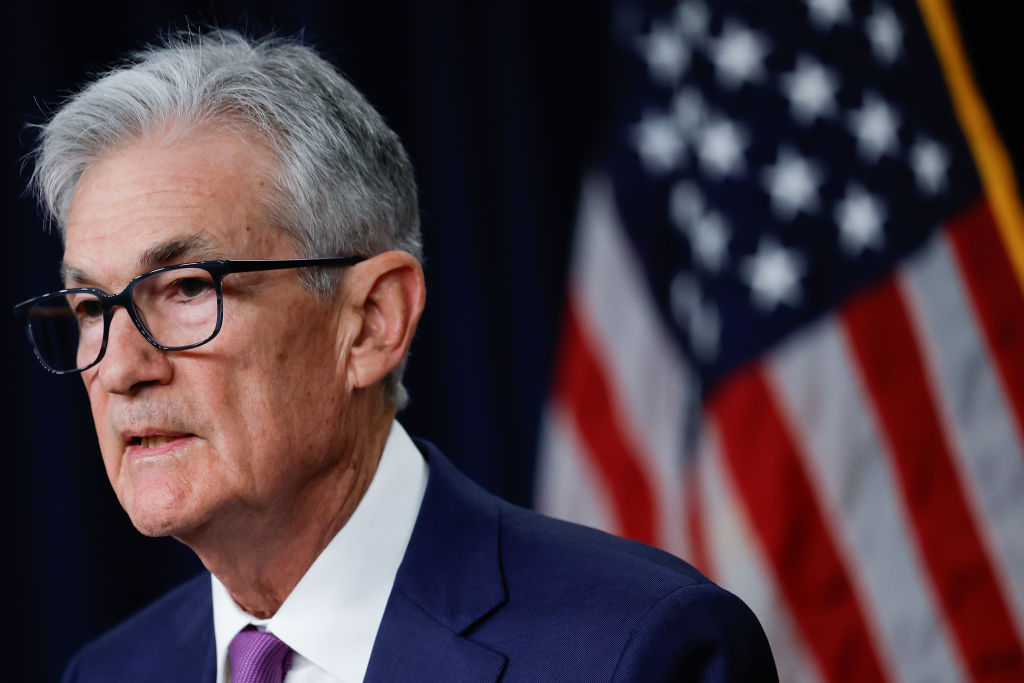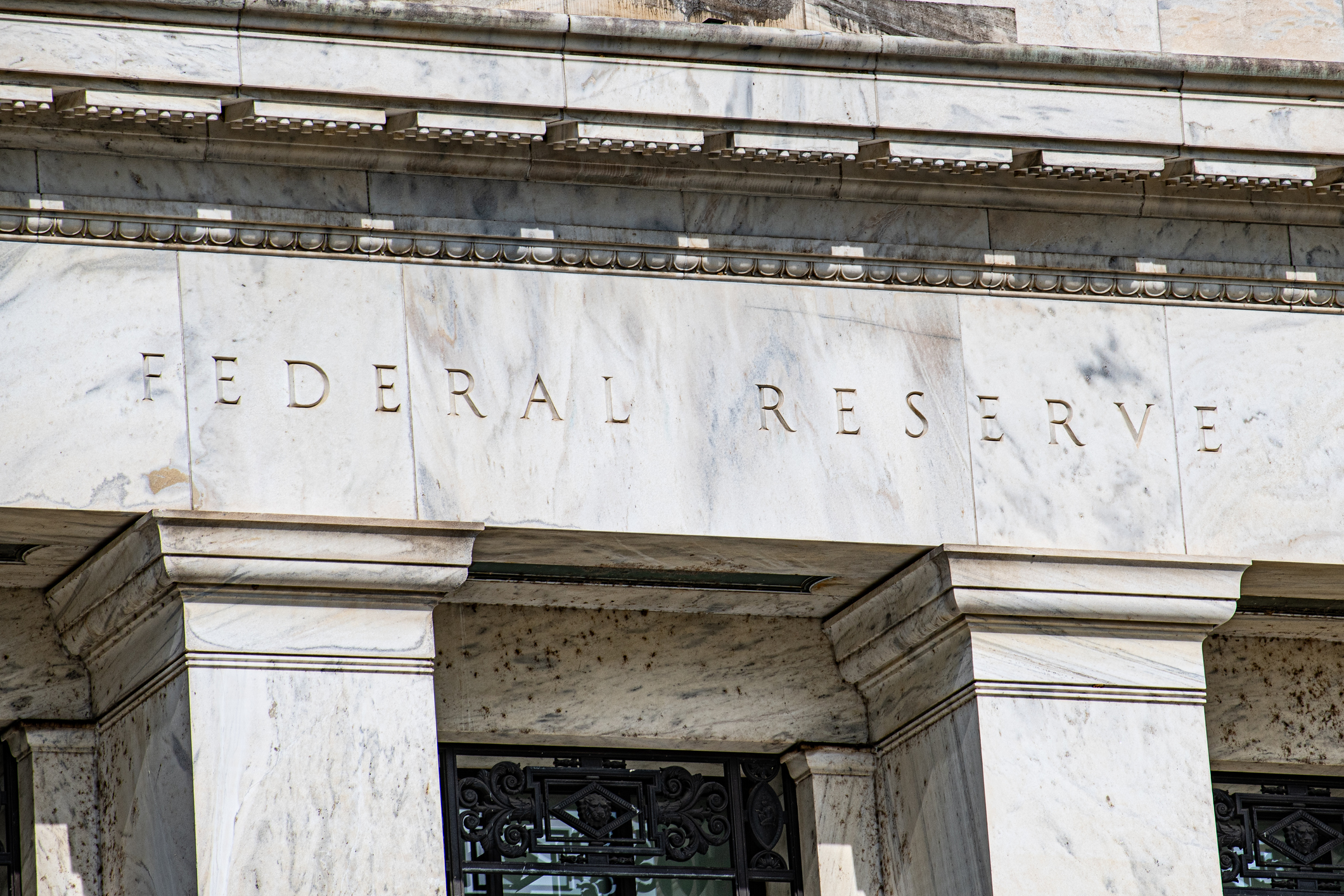Fed Revokes Rule Limiting Savings Transfers
But banks are not required to lift the limits or stop charging fees for excessive transactions.


Profit and prosper with the best of Kiplinger's advice on investing, taxes, retirement, personal finance and much more. Delivered daily. Enter your email in the box and click Sign Me Up.
You are now subscribed
Your newsletter sign-up was successful
Want to add more newsletters?

Delivered daily
Kiplinger Today
Profit and prosper with the best of Kiplinger's advice on investing, taxes, retirement, personal finance and much more delivered daily. Smart money moves start here.

Sent five days a week
Kiplinger A Step Ahead
Get practical help to make better financial decisions in your everyday life, from spending to savings on top deals.

Delivered daily
Kiplinger Closing Bell
Get today's biggest financial and investing headlines delivered to your inbox every day the U.S. stock market is open.

Sent twice a week
Kiplinger Adviser Intel
Financial pros across the country share best practices and fresh tactics to preserve and grow your wealth.

Delivered weekly
Kiplinger Tax Tips
Trim your federal and state tax bills with practical tax-planning and tax-cutting strategies.

Sent twice a week
Kiplinger Retirement Tips
Your twice-a-week guide to planning and enjoying a financially secure and richly rewarding retirement

Sent bimonthly.
Kiplinger Adviser Angle
Insights for advisers, wealth managers and other financial professionals.

Sent twice a week
Kiplinger Investing Weekly
Your twice-a-week roundup of promising stocks, funds, companies and industries you should consider, ones you should avoid, and why.

Sent weekly for six weeks
Kiplinger Invest for Retirement
Your step-by-step six-part series on how to invest for retirement, from devising a successful strategy to exactly which investments to choose.
In the past, banks and credit unions were required by the Federal Reserve to limit withdrawals and transfers out of savings accounts and money market deposit accounts to six per month. Partly in response to the coronavirus crisis, the Federal Reserve recently revoked the rule. The Fed says that it does not plan to reimpose transaction limits.
Banks are not required to lift the transaction limits or stop charging fees for excessive transactions, which may run from about $3 to $15. In fact, “the vast majority of banks and credit unions haven’t changed their rules,” says Ken Tumin, of DepositAccounts.com.
Marcus by Goldman Sachs is removing transaction limits on its savings account, which recently yielded 0.6%. Ally Bank is refunding excessive-transaction fees on its savings account (0.8% yield) and money market account (0.5% yield) for now but is waiting for clarification on the Fed’s rule change to determine the bank’s long-term approach. Synchrony is raising the monthly withdrawal limit on its savings account (0.75%) and money market account (0.5%) to 15 per month.
From just $107.88 $24.99 for Kiplinger Personal Finance
Become a smarter, better informed investor. Subscribe from just $107.88 $24.99, plus get up to 4 Special Issues

Sign up for Kiplinger’s Free Newsletters
Profit and prosper with the best of expert advice on investing, taxes, retirement, personal finance and more - straight to your e-mail.
Profit and prosper with the best of expert advice - straight to your e-mail.
If your bank is enforcing transaction limits, keep in mind that the Fed’s previous rule applied to check writing, debit card purchases, automatic bill payments and other outgoing transfers, such as overdraft transfers, but withdrawals and transfers at an ATM or with a bank teller did not fall under the rule. If you request by phone that the bank mail you a check from your savings account, that’s exempt from the Fed’s former rule, too. But some banks still levy fees for such transactions.
Another idea is to open two savings accounts, allowing an extra six withdrawals per month, says Tumin. You could, for example, link your checking account to one of the savings accounts in case you overdraw checking and use the second savings account for other withdrawals.
If you are charged an excessive-transaction fee, your bank may be willing to refund it, especially if you have never incurred the fee before.
Profit and prosper with the best of Kiplinger's advice on investing, taxes, retirement, personal finance and much more. Delivered daily. Enter your email in the box and click Sign Me Up.

Lisa has been the editor of Kiplinger Personal Finance since June 2023. Previously, she spent more than a decade reporting and writing for the magazine on a variety of topics, including credit, banking and retirement. She has shared her expertise as a guest on the Today Show, CNN, Fox, NPR, Cheddar and many other media outlets around the nation. Lisa graduated from Ball State University and received the school’s “Graduate of the Last Decade” award in 2014. A military spouse, she has moved around the U.S. and currently lives in the Philadelphia area with her husband and two sons.
-
 Stocks Sink With Alphabet, Bitcoin: Stock Market Today
Stocks Sink With Alphabet, Bitcoin: Stock Market TodayA dismal round of jobs data did little to lift sentiment on Thursday.
-
 Betting on Super Bowl 2026? New IRS Tax Changes Could Cost You
Betting on Super Bowl 2026? New IRS Tax Changes Could Cost YouTaxable Income When Super Bowl LX hype fades, some fans may be surprised to learn that sports betting tax rules have shifted.
-
 How Much It Costs to Host a Super Bowl Party in 2026
How Much It Costs to Host a Super Bowl Party in 2026Hosting a Super Bowl party in 2026 could cost you. Here's a breakdown of food, drink and entertainment costs — plus ways to save.
-
 The December CPI Report Is Out. Here's What It Means for the Fed's Next Move
The December CPI Report Is Out. Here's What It Means for the Fed's Next MoveThe December CPI report came in lighter than expected, but housing costs remain an overhang.
-
 9 Types of Insurance You Probably Don't Need
9 Types of Insurance You Probably Don't NeedFinancial Planning If you're paying for these types of insurance, you may be wasting your money. Here's what you need to know.
-
 The November CPI Report Is Out. Here's What It Means for Rising Prices
The November CPI Report Is Out. Here's What It Means for Rising PricesThe November CPI report came in lighter than expected, but the delayed data give an incomplete picture of inflation, say economists.
-
 The Delayed September CPI Report is Out. Here's What it Signals for the Fed.
The Delayed September CPI Report is Out. Here's What it Signals for the Fed.The September CPI report showed that inflation remains tame – and all but confirms another rate cut from the Fed.
-
 Banks Are Sounding the Alarm About Stablecoins
Banks Are Sounding the Alarm About StablecoinsThe Kiplinger Letter The banking industry says stablecoins could have a negative impact on lending.
-
 What Will the Fed Do at Its Next Meeting?
What Will the Fed Do at Its Next Meeting?The Federal Reserve is expected to keep rates unchanged at the next Fed meeting.
-
 Amazon Resale: Where Amazon Prime Returns Become Your Online Bargains
Amazon Resale: Where Amazon Prime Returns Become Your Online BargainsFeature Amazon Resale products may have some imperfections, but that often leads to wildly discounted prices.
-
 May Fed Meeting: Updates and Commentary
May Fed Meeting: Updates and CommentaryThe May Fed meeting came and went with little fanfare as Fed Chair Powell & Co. stuck to their data-dependent script toward interest rates amid tariff uncertainty. The May Fed meeting came and went with little fanfare as Fed Chair Powell & Co. stuck to their data-dependent script toward interest rates amid tariff uncertainty.